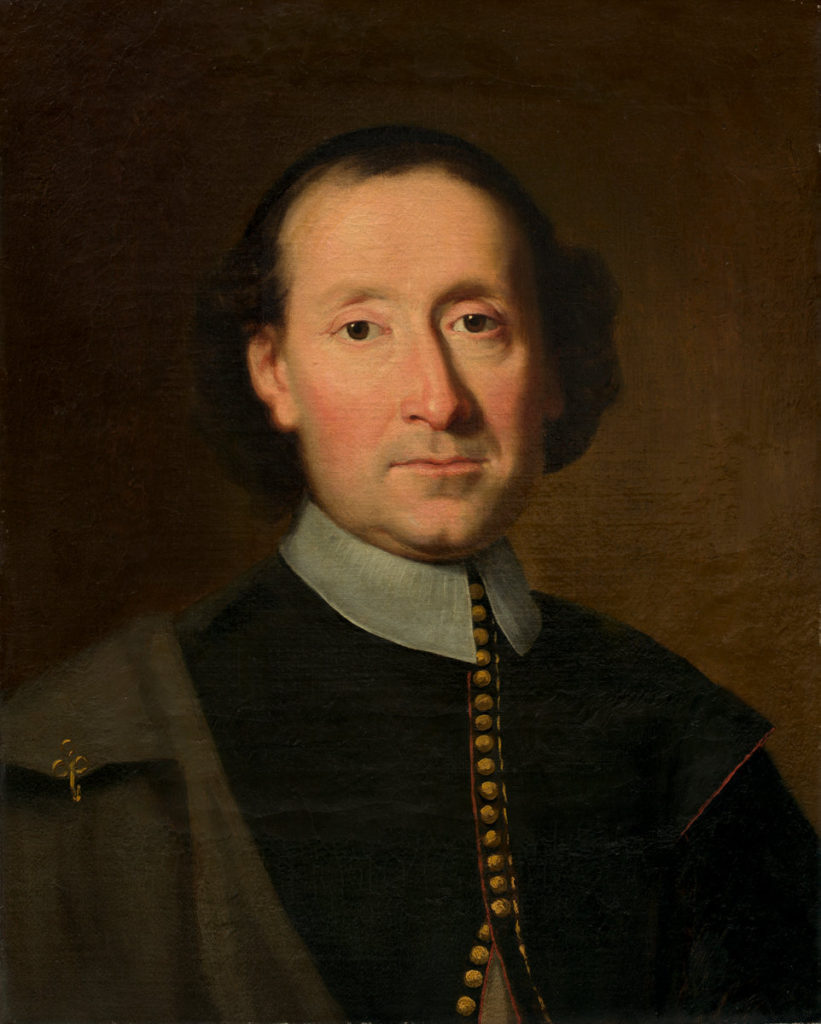
By Mary Hoar, President Emerita, Yonkers Historical Society, recipient of the 2004 Key to History and President Untermyer Performing Arts Council
Monday July 19th
July 19, 1902: After the Yonkers Common Council Aldermen adopted a resolution giving the new Oak Street firehouse to the Board of Fire Commissioners, the Commission refused to accept the new firehouse until all gas fixtures were installed. They stated strongly it was the duty of the Common Council to finish the building entirely, an they would not accept the building until it was done.
July 19, 1947: Yonkers Commissioner of Health Eugene McGillian called the work at the Palmer Road shaft of the new Delaware Aqueduct during evening hours a health hazard. Many, many residents had complained about the noise from the night shift.
July 19, 1945: A picture of Seaman R. I. Stowell appeared in The Herald Statesman eating with President Truman! The President, on the cruiser Augusta, was heading to the Potsdam Conference. While on the cruiser, Truman liked to sit with the crew and “chow down!”
Tuesday July 20th
July 20, 1935: Alderman Brian Shaefer reported attendance of both children and adults at “Sandy Beach” in South Yonkers on the Hudson actually had increased since the city posted signs warning of pollution!
July 20, 1945: Mrs. Jerome Stein of the Yonkers Red Cross Blood Donor Committee announced Yonkers not only surpassed our quota of 180 pints of blood, it was so good, they had to turn away 25 prospective donors!
July 20, 1946: Colonel Oliver Troster’s suggestion the Yonkers Tercentennial Commission create an official “Yonkers 300” drink for the city’s celebration met with strong opposition. Troster’s choice for our special drink was a “Coke Float,” made by dropping a ball of ice cream into a glass of Coke. Many committee members had not tried it, and thought it sounded terrible!
Wednesday, July 21st
July 21, 1920: Health Commissioner Clarence Buckmaster announced an initiative to study methods to eliminate unnecessary noises in Yonkers; he believed lowering our noise levels would improve and promote the general health of Yonkers residents.
July 21, 1928: Although Yonkers had a terrible storm, the new flume running under the new City Plaza acted like a bed for the Nepperhan River and proved itself to be more than adequate.
July 21, 1930: Because of the continuing heat wave, Tibbetts Brook Park attendance broke all previous records, with 7,345 bathers seeking relief from the 100+ degree heat. The previous record of 5,173 was set on July 4th 1928.
Thursday, July 22nd
July 22, 1781: American and French forces formed a junction on Valentine Hill at daybreak. Abbe Robin offered the first mass in Yonkers to the gathered troops.
July 22, 1935: The head of the Yonkers chapter of the Friends of New German, Walter Obermayer, issued a complaint about the American League Against War and Fascism. He stated they were supporting Communist activities because they planned a parade to protest the impending Italian invasion of Ethiopia.
July 22, 1943: Yonkers learned that one of our own played a big part in building the highway linking Canada to Alaska. Staff Sergeant Albert, who formerly operated a McLean Avenue dairy store, was attached to a Fort Nelson Engineers Regiment. They worked 24-hours a day, despite weather ranging from intense heat to -30 degrees below zero, often without sleep or food. Despite all the hardships, according to Albert, “Each man took pride in every inch of the road.” What made him the proudest? The men and the officers became buddies, unlike life in the typical garrison. He wrote, “I feel very proud of America, when I can see a mass of men—Gentile and Jew, Black, White and Red—getting along as well as we do.”
Friday July 23rd
July 23, 1944: Loring Avenue’s Captain Howard Anhalt won praise for his actions against the enemy near Afus, New Guinea. When his company was halted by heavy enemy machinegun, rifle, grenade and mortar fire, he moved among his men, exposing himself without regard for personal safety, both directing their fire and encouraging them. His courageous leadership was credited with making his company’s attack successful. Major General Fred Walker presented Anhalt the Bronze Star Medal May 1945. for his heroism and service. Captain Anhalt later became commanding officer of the Fifth Company, Third Student Training Regiment, the Infantry School, and also wore the Combat Infantryman Badge, Purple Heart, American Defense Medal and the Asiatic-Pacific Theater Ribbon.
July 23, 1944: Loring Avenue’s Captain Howard Anhalt won praise for his actions against the enemy near Afus, New Guinea. When his company was halted by heavy enemy machinegun, rifle, grenade and mortar fire, he moved among his men, exposing himself without regard for personal safety, both directing their fire and encouraging them. His courageous leadership was credited with making his company’s attack successful. Major General Fred Walker presented Anhalt the Bronze Star Medal May 1945. for his heroism and service. Captain Anhalt later became commanding officer of the Fifth Company, Third Student Training Regiment, the Infantry School, and also wore the Combat Infantryman Badge, Purple Heart, American Defense Medal and the Asiatic-Pacific Theater Ribbon.
July 23, 1945: Speakers at the New York State Communist Party Convention rebuked Yonkers’ Earl Browder for his policies of “cooperation with capitalists.”
Saturday, July 24th
July 24, 1653: Adriaen Van der Donck, who received his law degree in the University of Leyden and was admitted to practice it before the Supreme Court of Holland, received permission to practice law in New Netherlands.
July 24, 1922: Cy Barker, on eof Yonkers youngest pitchers, was signed to play for the semi-pro Federal A. C. Baseball Team by Manager Frank Stiefel.
July 24, 1930: New York City formally gave a portion of the old croton Aqueduct property at the southwest corner of Palisade and Ashburton Avenues to Yonkers. Our city planed to widen what was considered a dangerous intersection.
Sunday July 25th
July 25, 1933: Because of complex immigration regulations, long time Yonkers resident Ignatz Moniec was denied entrance back into the United States and was held at Ellis Island. Although he had lived in Yonkers for twenty-six years, was married and had a daughter, he never became a citizen nor learned to read or write English. He sailed to Poland to visit his family on a six-month permit in 1931; while there, he became seriously ill and could not travel. When recovered, American authorities refused to issue him a visa since he was not naturalized. The US Consul in Warsaw, under the jurisdiction of the State Department, understood his plight and issued a travel visa. When he arrived at Ellis Island run by the Department of Labor, the authorities there would not recognize his State Department visa. His family immediately hired local lawyer Irving Klein, who travelled to Washington to plead the unusual nature of the case, contending the immigration laws were never intended to separate families already residents of the US.
Questions or comments? Email YonkersHistory1646@gmail.com. For information on the Yonkers Historical Society, visit yonkershistoricalsociety.org,





